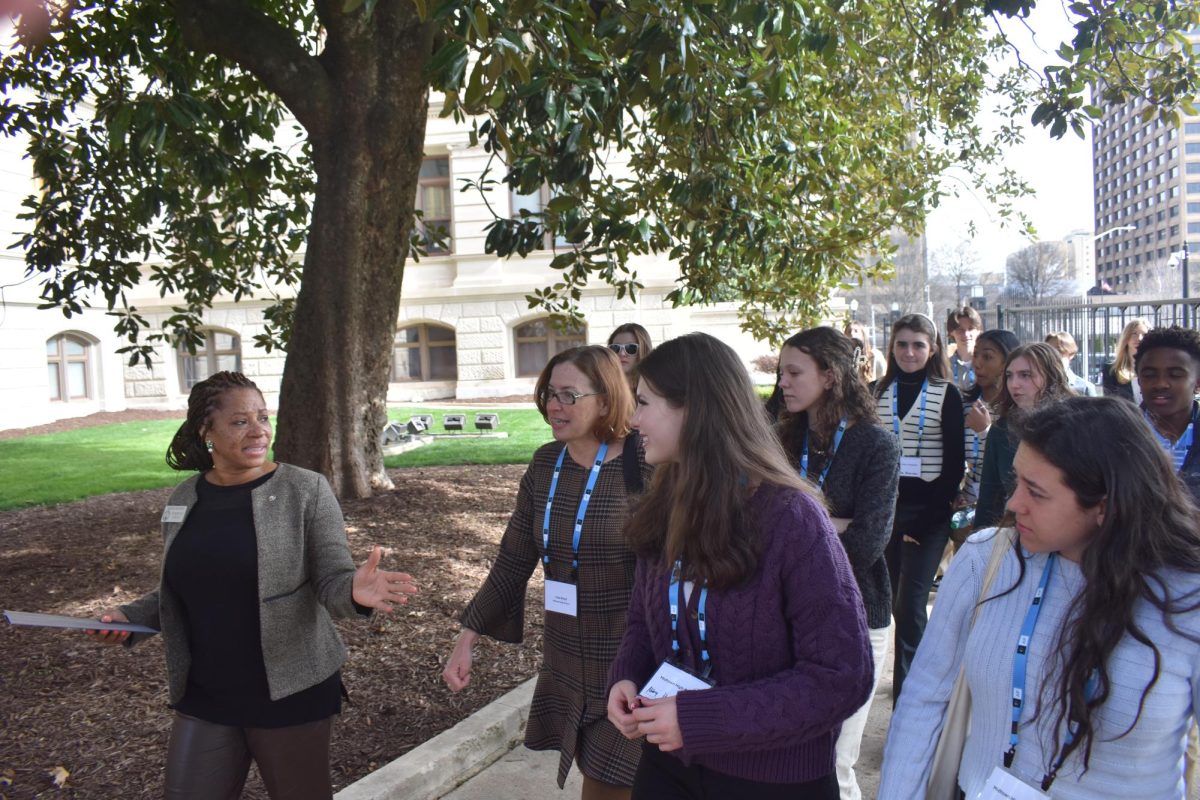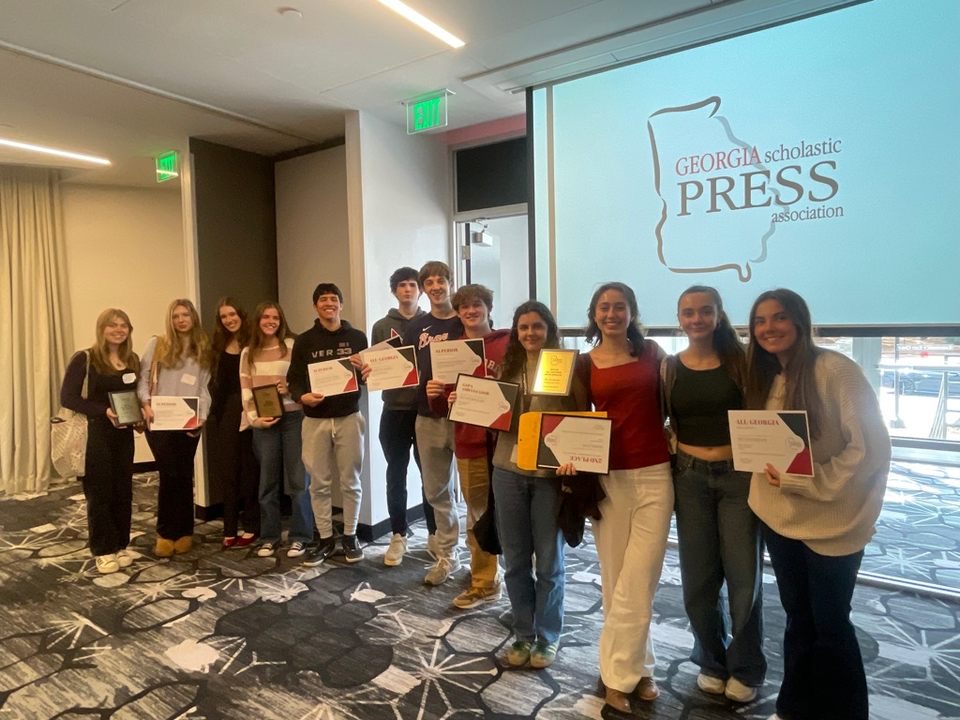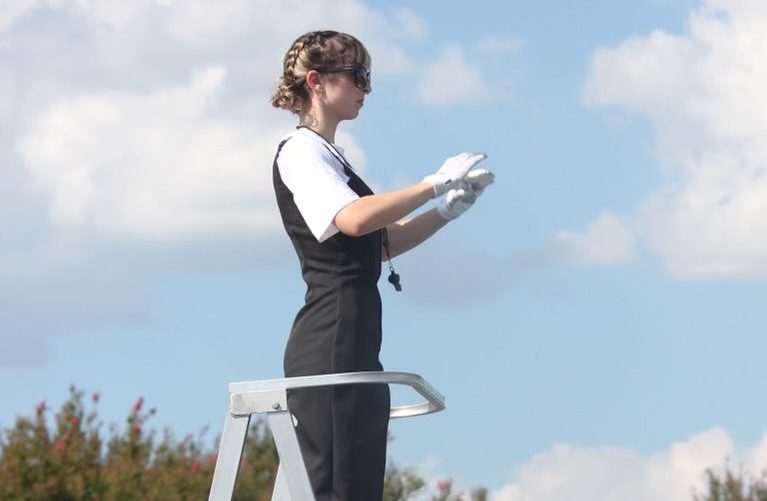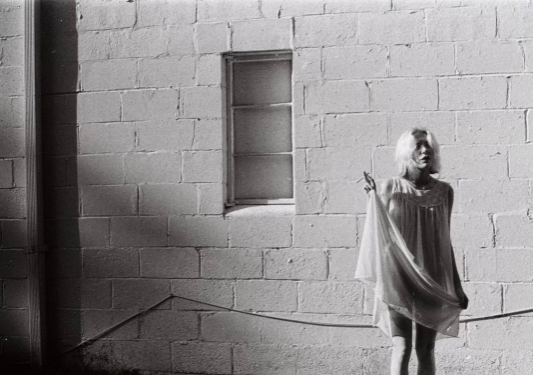By Hunter Rust
Transmutation is the act or process of transforming in appearance, nature or form. Better known today as evolution, transmutation is the term Charles Darwin used to describe the relationship between every living organism around us. And it was with those words that Darwin changed the scientific world forever.
In the new exhibit at Fernbank Museum of Natural History, the public can witness the evolution of Darwin’s theory.
Darwin, which opened on Sept. 24 and runs until Jan. 1, 2012, offers insight into the voyage, discoveries and life of Charles Darwin. When a student enters a biology class, the discoveries of Darwin are often one of the first thing’s mentioned.Students often hear about the discovery of the legendary finches that had different beaks, which led to the discovery of the century: evolution.
But what about the details of the voyages of Darwin himself? Or who he married and how that affected his work? Or even what other species he studied besides birds? The exhibit covers these often overlooked facts about his life and more.
Before you even walk in, you are greeted by a life-sized cut-out of Darwin. I have to admit, it’s quite inviting. Once you enter the exhibit, you are surrounded by countless prints of species that Darwin studied, ranging from butterflies to beetles and lizards. When you keep walking, you’ll realize a live iguana is glaring at you in an obviou attempt to challenge you to a staring contest.
One downside to this exhibit is that it is particularly text heavy. The amount of visuals on display, however, make up for the copious text. Not only are there live animals, but there are numerous journal pages and letters written by Darwin.
The amount of information within this exhibit is extensive, yet not overwhelming. Every panel of writing holds at least one interesting fact. Did you know, for example that Darwin suggested the idea that humans and animals can not only feel the same emotions, but show them in similar ways? For instance, when children ask their mother for a cookie and the mother says no, often they will pout their lips and furrow their eyebrows. Well, according to Darwin’s discoveries, a chimpanzee does that exact same thing when its requests are rejected.
This exhibit showed me that however extensive their research, scientists still had time for other activities in life. Whenever I think of well-known scientists, however, I never really think of them as having a social life. At the exhibit, I found that Darwin had a very fortunate one. The exhibit opened my eyes to the world in which Darwin lived and the life that the acclaimed scientist led.
After visiting the exhibit I feel as though Darwin and I are now acquaintances. I have learned more about him in the hour I spent strolling through the halls of Fernbank than I ever have in a classroom. Although knowing what time of day Darwin took his daily walk is not necessarily textbook material, this fun fact and the exhibit in general was enlightening.












